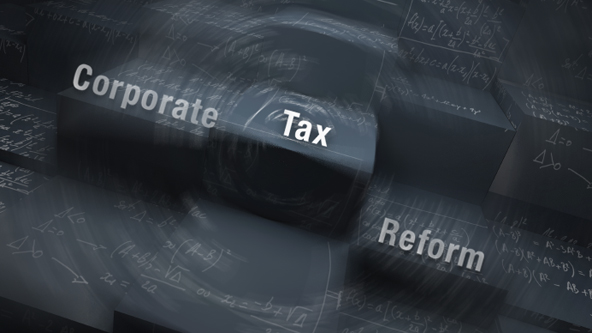LNG Export Study Released

The Long awaited LNG export study commissioned by U.S. Department of Energy was released yesterday (http://www.fossil.energy.gov/programs/gasregulation/reports/nera_lng_report.pdf). The results were not surprising, LNG exports will benefit the overall U.S. economy: “Across all these scenarios, the U.S. was projected to gain net economic benefits from allowing LNG exports. Moreover, for every one of the market scenarios examined, net economic benefits increased as the level of LNG exports increased. In particular, scenarios with unlimited exports always had higher net economic benefits than corresponding cases with limited exports. In all of these cases, benefits that come from export expansion more than outweigh the losses from reduced capital and wage income to U.S. consumers, and hence LNG exports have net economic benefits in spite of higher domestic natural gas prices. This is exactly the outcome that economic theory describes when barriers to trade are removed.” (page 1) LNG or other energy product exports should not be seen any different than exporting cars or corn. Wall Street Journal’s December 7 editorial (http://online.wsj.com/article/SB10001424127887324001104578163491822943984.html?user=welcome) was right on point: “Not that the report will mute the critics, who include Massachusetts Congressman Ed Markey and Oregon Senator Ron Wyden. Mr. Markey worries that exports will allow a “massive wealth transfer…








